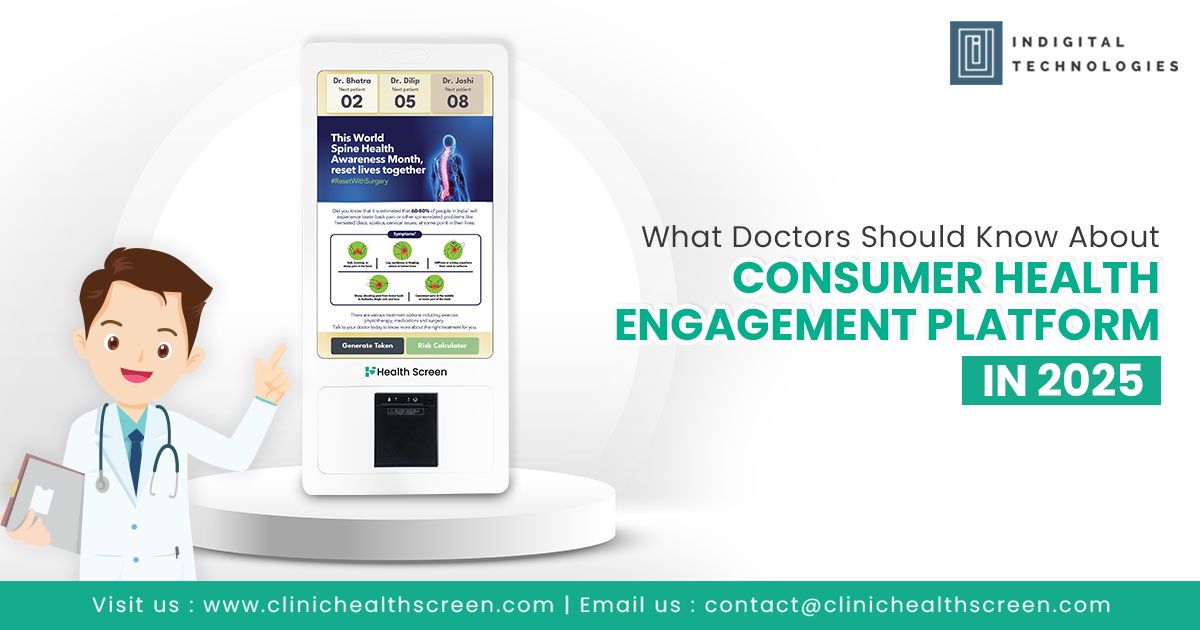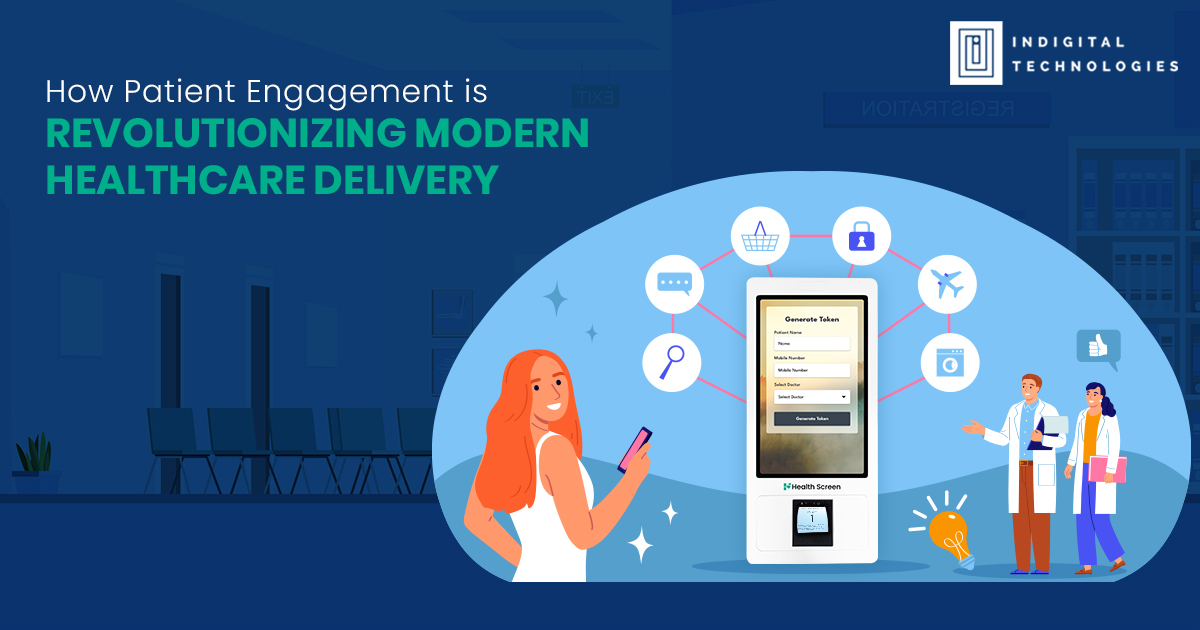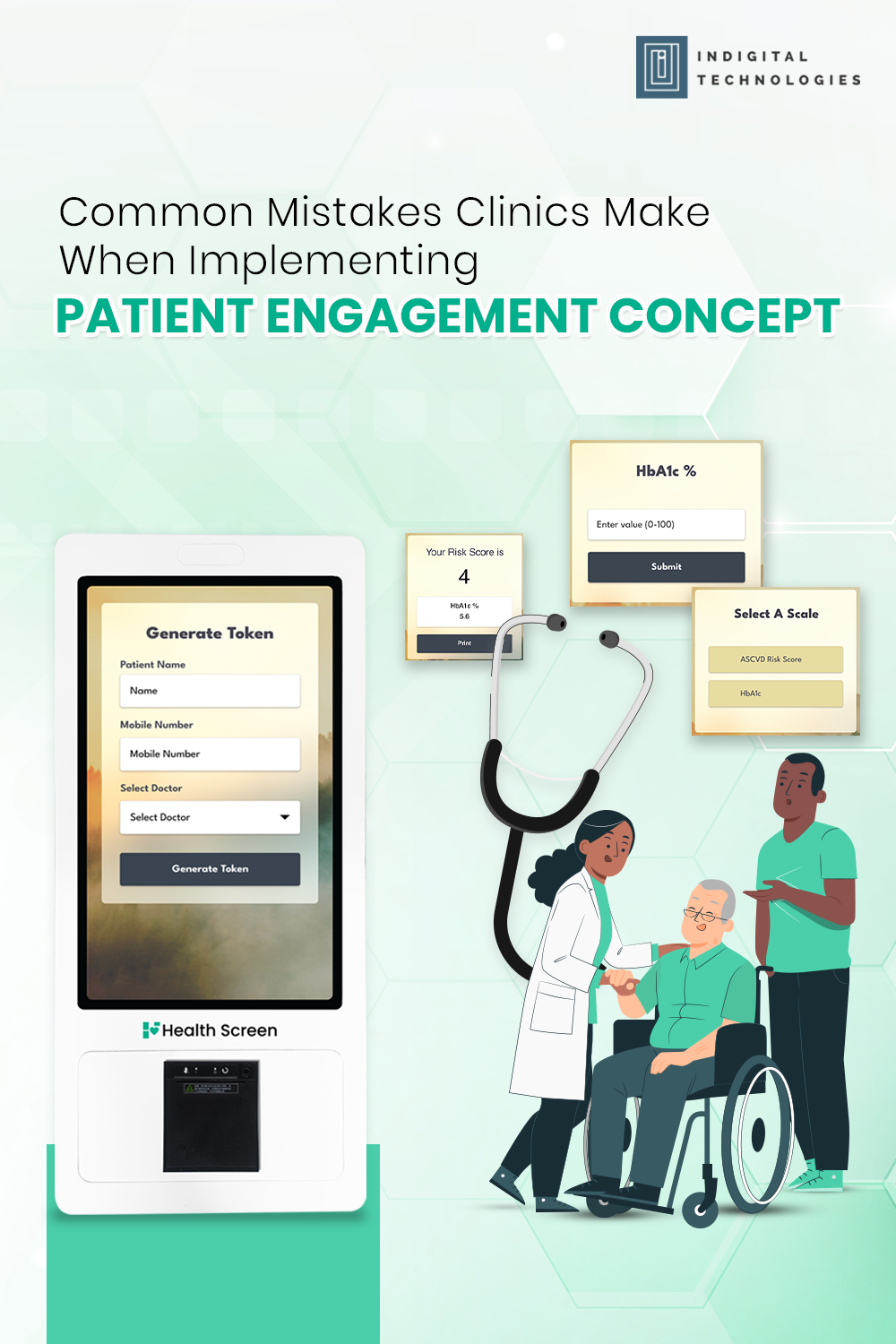As healthcare continues to evolve rapidly, the role of patient engagement has moved from a supporting feature to a critical pillar of success.
In 2025, Patient Engagement Platforms are no longer just about sending appointment reminders — they have become strategic tools to improve clinical outcomes, boost patient satisfaction, and future-proof a doctor’s practice.
The Changing Patient Expectations
Today’s patients are digitally native, informed, and expect healthcare experiences similar to those offered by industries like banking, retail, and travel.
Key trends shaping patient expectations:
- On-demand access to medical advice and records
- Personalized health education and care journeys
- Seamless, digital-first communication
- Proactive reminders and wellness tips
Doctors who understand these shifts and integrate digital engagement tools into their practice will be better positioned to lead in 2025 and beyond.
What Is a Modern Patient Engagement Platform?
In 2025, a typical Patient Engagement Platform offers much more than appointment scheduling.
Modern platforms include:
- Secure two-way messaging between doctors and patients
- Digital health libraries tailored to patient conditions
- Automated post-treatment follow-ups
- Personalized preventive health campaigns
- Real-time patient feedback collection
- Integration with wearable devices and home health monitors
These platforms bridge the gap between in-clinic care and day-to-day health management.
Why Patient Engagement Platforms Are Critical for Doctors in 2025
1. Enhancing Patient Compliance and Outcomes
Engaged patients are more likely to:
- Follow medication and treatment plans
- Make lifestyle changes as recommended
- Attend follow-up appointments on time
This translates into better clinical outcomes and higher patient satisfaction scores.
Real Example:
A nephrology clinic in Delhi saw a 25% improvement in dialysis patient adherence after implementing a patient engagement platform.
2. Future-Proofing Your Practice
Digital engagement is no longer optional — it’s the standard.
Doctors without digital touchpoints risk losing patients to more connected practices.
- Younger patients (Millennials, Gen Z) demand digital convenience.
- Corporate and insured patients expect proactive care coordination.
3. Optimizing Time and Efficiency
- Automated reminders reduce missed appointments.
- Digital health content reduces repetitive patient education during consultations.
- Structured follow-ups prevent unnecessary re-admissions and calls.
4. Building Long-Term Patient Loyalty
Patients prefer doctors who maintain a continuous connection beyond consultations.
Simple touchpoints — like a wellness tip or a personalized check-in message — build lasting relationships and trust.
Practical Benefits for Doctors and Pharma Managers
For Doctors:
- Higher Retention:
Engaged patients stay longer with the same doctor. - Reputation Enhancement:
Offering digital support reflects professionalism and patient-centered care. - Revenue Stability:
Fewer no-shows and better follow-up adherence drive practice growth.
For Pharma Managers:
- More Engaged Doctors:
Pharma companies supporting patient engagement initiatives position themselves as true healthcare partners. - Health Awareness Campaigns:
Platforms allow for compliant dissemination of disease education content linked to therapy awareness.
Tip: Strategic collaborations with patient engagement platforms open new avenues for brand exposure ethically and effectively.
What Doctors Should Look for in a Patient Engagement Platform
- Ease of Use:
Simple integration into current workflows without adding burden. - Customization:
Ability to tailor content and follow-up protocols for different specialties. - Security and Compliance:
Data privacy is paramount; platforms must adhere to healthcare data protection standards. - Analytics:
Platforms offering insights into patient behavior help doctors optimize care strategies.
Conclusion: Adaptation Is the Key to Excellence
2025 belongs to doctors who not only treat diseases but also engage, educate, and empower their patients digitally.
Adopting a robust Patient Engagement Platform isn’t just a technological upgrade — it’s a strategic move toward future-ready, patient-centric healthcare delivery.Final Thought:
“In the clinic of tomorrow, engagement is as critical as diagnosis. Embrace digital connection — your patients already have.”




